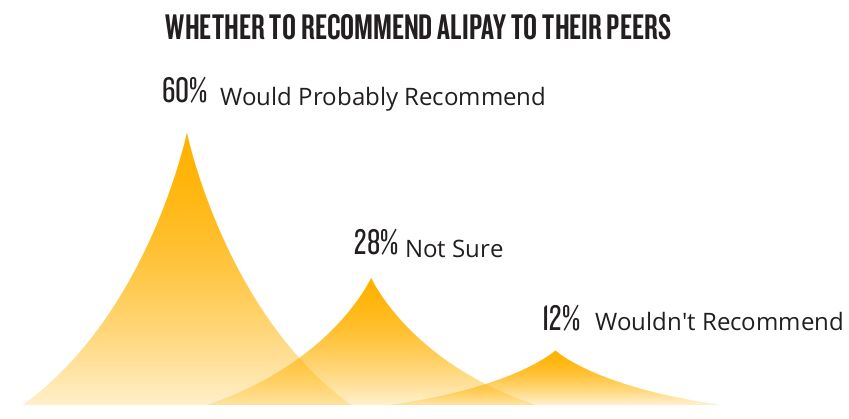摘要:本文关注中国游客在韩航班事故中的体验,采用数据设计分析方法进行研究。通过对效率资料进行深入解释和定义,旨在探讨事故对游客的影响以及应对措施。文章旨在提高旅游安全管理和危机应对的效率,为相关领域提供有价值的参考。
Recently, the news about the Korean crash plane incident attracted the attention of the world. Among the passengers who experienced this incident were Chinese tourists who were originally planning to enjoy their vacation in a foreign land. Their experiences and perspectives on this event offer valuable insights that can help us better understand the situation and design more effective solutions. In this article, we will delve into the data design analysis of this incident, focusing on the Chinese tourists' perspective.
Initially, these Chinese tourists had their hearts set on an exciting trip to Korea, filled with anticipation and joy. However, fate intervened, and they ended up being part of a tragic event that left them feeling helpless and scared. The emotional toll of such an incident is immeasurable, but their experiences provide valuable data that can help us better prepare for such events in the future.
As we delve into the data design analysis, it's important to consider several aspects. Firstly, the communication channels these tourists used to share their experiences are valuable sources of information. Social media platforms like WeChat and Weibo have become crucial channels for people to express their feelings and share their experiences during such incidents. By analyzing these platforms, we can gather real-time feedback and understand people's emotions during such events.
Secondly, it's crucial to analyze the data regarding their travel plans and the circumstances surrounding their trip. What were their original plans? How did they learn about the incident? What were their initial reactions? By understanding these aspects, we can gain insights into people's travel patterns and how they perceive risks during their travels.
Moreover, analyzing the data regarding their experiences during the incident itself is crucial. How did they react during the crisis? What were their thoughts during the evacuation process? Did they receive timely assistance? Understanding these aspects can help us improve emergency response protocols and ensure better care for passengers during such incidents.
Additionally, it's important to consider the aftermath of the incident. How did these tourists cope with the aftermath? What support did they receive from various organizations? How did their perspective on traveling change after this incident? By analyzing these aspects, we can understand people's resilience during such events and how we can better support them in the aftermath of such incidents.
Furthermore, data design analysis should also consider the impact of such incidents on tourism industry in general. How does this incident affect the tourism industry in Korea? What are the potential changes in Chinese tourists' travel preferences? By analyzing these aspects, we can gain valuable insights that can help tourism industry recover from such incidents and ensure better experiences for tourists in the future.
In conclusion, the Chinese tourists' experience with the Korean crash plane incident offers valuable insights that can help us better prepare for such events in the future. By analyzing various aspects like communication channels, travel plans, experiences during the incident, aftermath support, and impact on tourism industry, we can gain valuable insights that can help us improve emergency response protocols, enhance travel safety measures, and ensure better experiences for tourists in general. It's important for us to learn from such incidents and ensure that such events don't repeat in the future.



